Surge in rats during covid-19
https://www.leicestermercury.co.uk/news/uk-world-news/surge-rats-across-uk-45-4173627?utm_source=linkCopy&utm_medium=social&utm_campaign=sharebar
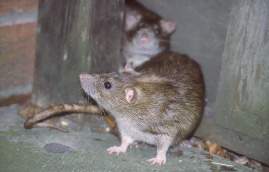
https://www.leicestermercury.co.uk/news/uk-world-news/surge-rats-across-uk-45-4173627?utm_source=linkCopy&utm_medium=social&utm_campaign=sharebar
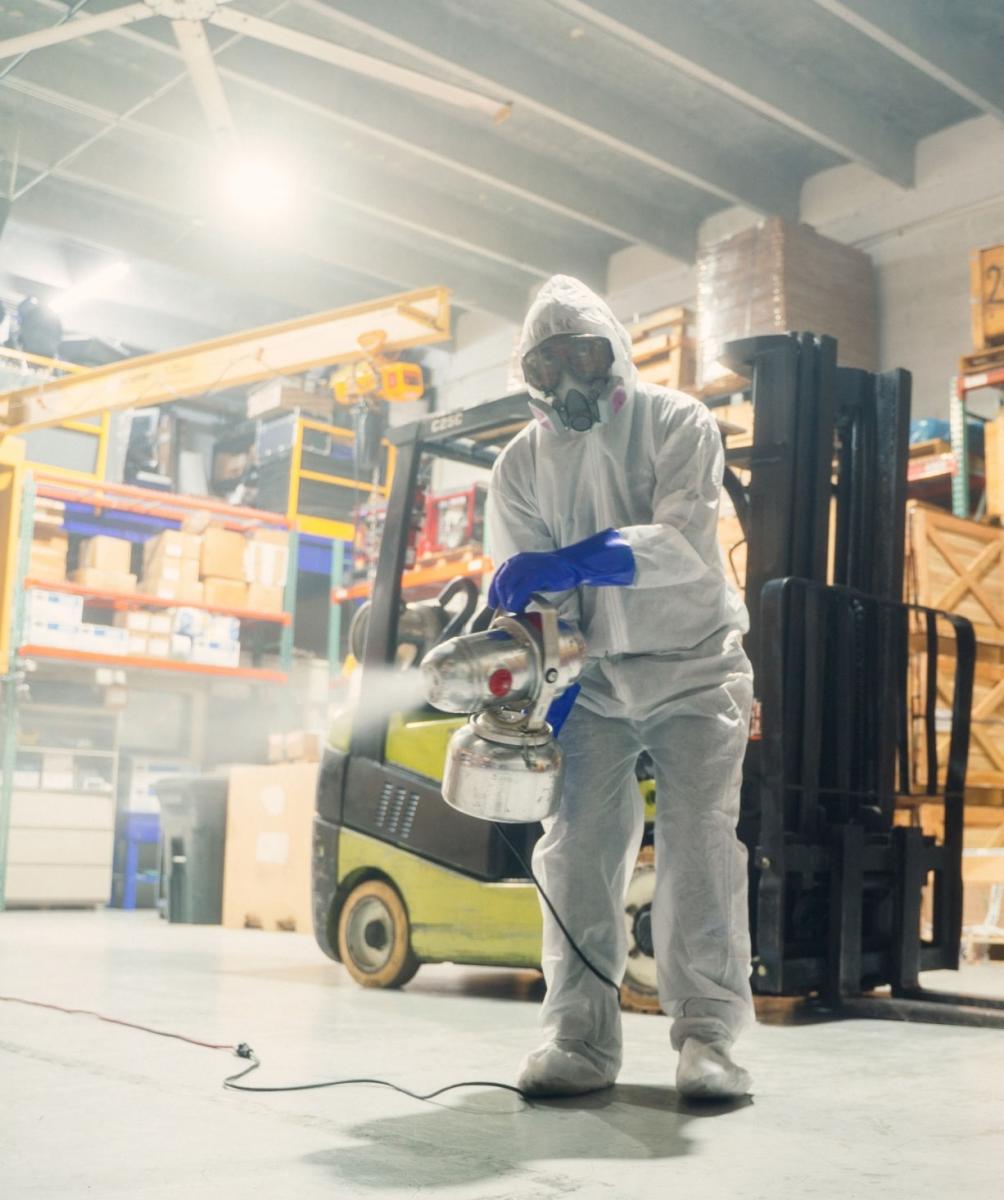
RPS are offering Disinfectant services, see our Disinfectant Page for more information
Follow the link below:
https://www.regionalpest.co.uk/disinfectant
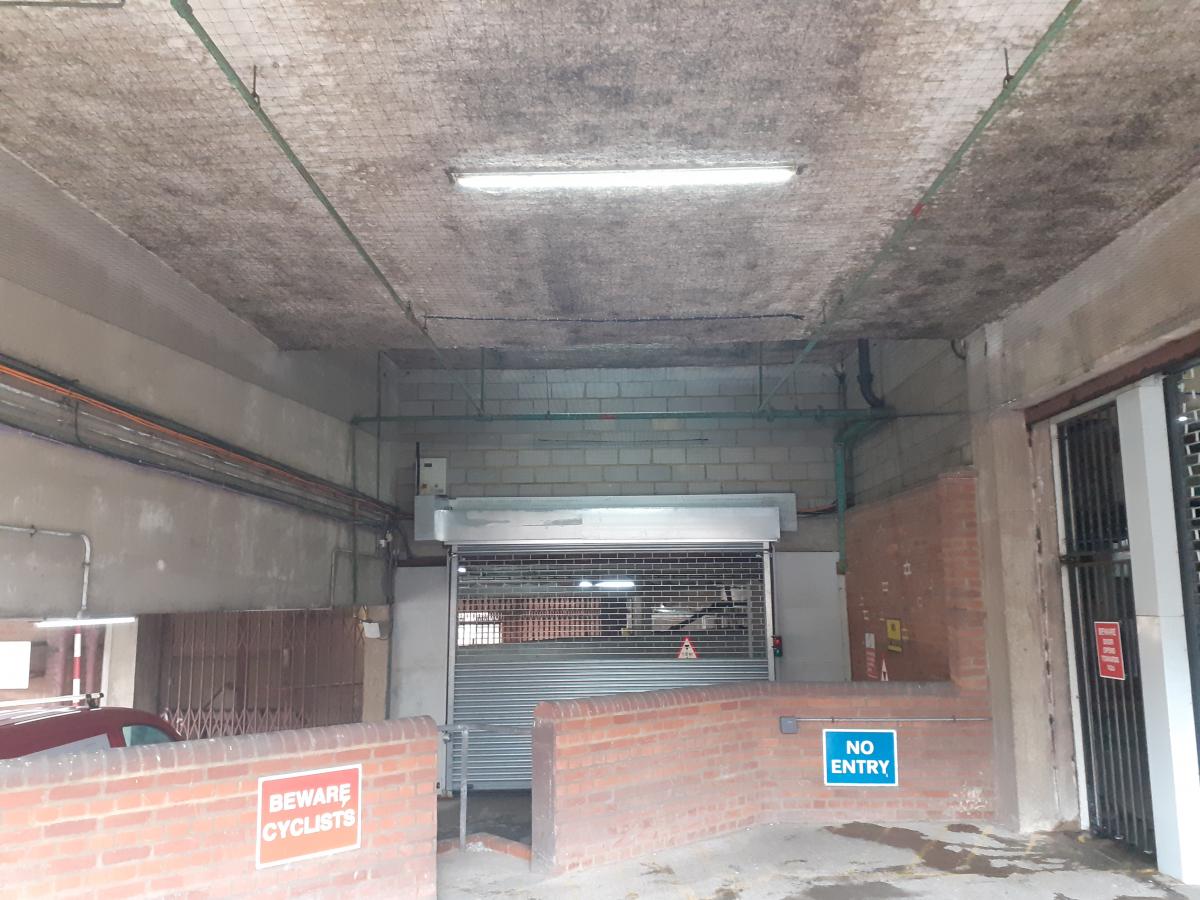
Pest management has been confirmed as an essential sector during the Covid-19 pandemic by George Eustice, Secretary of State for Environment, Food and Rural Affairs (Defra).
According to Defra, pest management is covered in the key worker list under the “food and necessary goods” section, specifically concerning hygiene.
This confirmation means that pest management professionals in England can continue to send their children to school during the pandemic. The Northern Ireland government has already confirmed pest management is an essential service.
This also likely means that if the UK was to go into further lockdown measures, pest management companies would be able to continue to protect the nation.
While BPCA has already confirmed that pest management workers could continue to provide essential services. This is the first time that a government official explicitly acknowledges pest management to be on the list of key workers.
The news comes after the sector has lobbied for confirmation that pest management appears on the list – including BPCA and CEPA.
Henry Mott, president of CEPA, received confirmation from his member of parliament, Alicia Kearns MP for Rutland and Melton, that she has had approval from Secretary of State, George Eustice MP.
BPCA is pursuing confirmation directly from Defra to support the letter Henry has had from Alicia Kearns MP.
We want to thank everyone that has taken the time to write to their MPs on the subject. It’s taken a substantial collaborative effort for our relatively small sector to get the ear of the UK government.
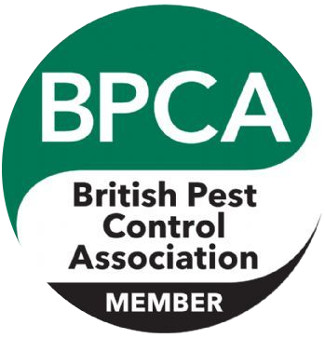
Regional Pest Services is a member of the British Pest Control Association (BPCA) – the trade body for the pest management industry in the UK.
Our members logo is earned and we’re proud to display it because membership is a sign of professionalism and a mark of quality.
BPCA promotes best practice and being part of the organisation provides independent proof that we’re committed to excellence in every part of our business.
We’ve been Full Servicing Members of BPCA for [number] years.
What our BPCA membership means for our customers
Membership is recognition of our expertise.
It shows we abide by industry Codes of Conduct and Practice and pass regular audits against British Standard EN 16636 – the benchmark of quality for pest management operators across Europe.
Membership also confirms that we’re able to provide detailed advice on pest prevention measures and will carry out a proper survey before starting any work.
It’s evidence that we protect staff, customers and members of the public through risk and COSHH assessments, it means we only employ technicians who meet or exceed the industry standard qualifications and shows that we’re committed to Continuous Professional Development.
Being part of BPCA also confirms that we hold the proper insurances.
Our membership also gives us access to technical support, business guidance and help with documentation and legislation – which means we’re always ahead of the game.
In short, it’s independent affirmation that our customers will be protected professionally – and that we’re fit for the fight!
You can always check our membership status at bpca.org.uk/check
Who are BPCA?
BPCA represents organisations with a professional interest in the management of public health pests to provide safe and healthy environments.
It’s the role of the Association to: • Highlight the risks of inadequate control • Offer guidance in what to look for when searching for a pest control contractor • Provide general pest advice and guidance documentation • Provide advice on how to select an appropriate pest control professional.
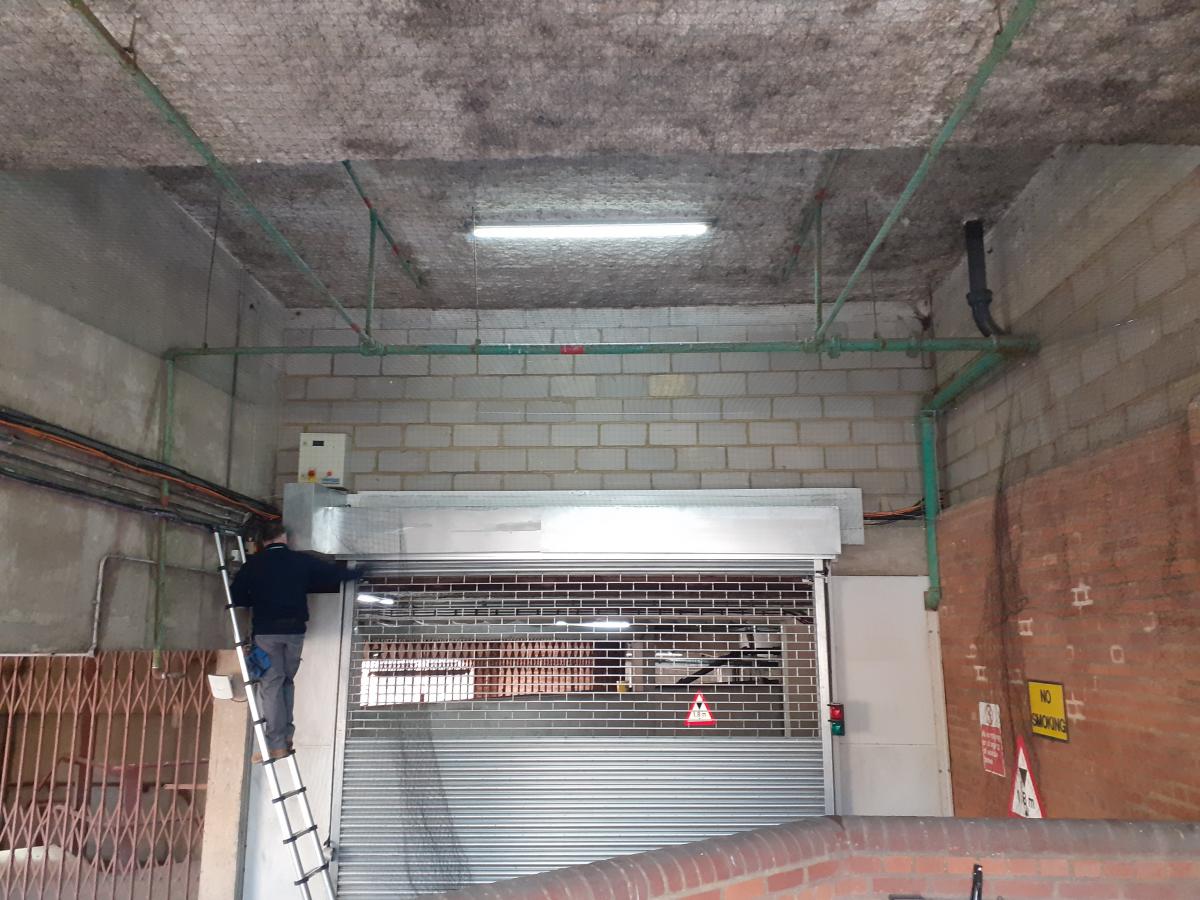
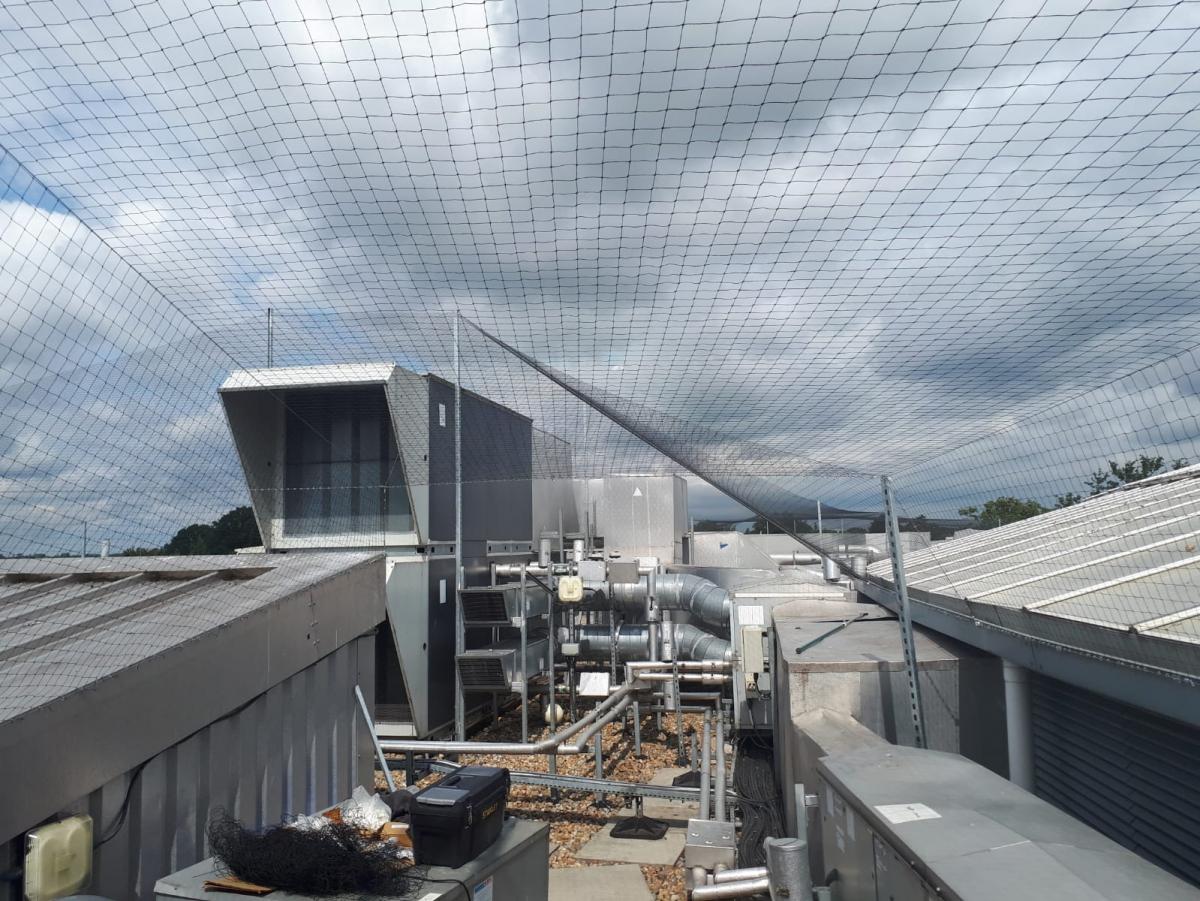
Beechwood School Slough (1)

Beechwood School Slough (2)

Beechwood School Slough (3)

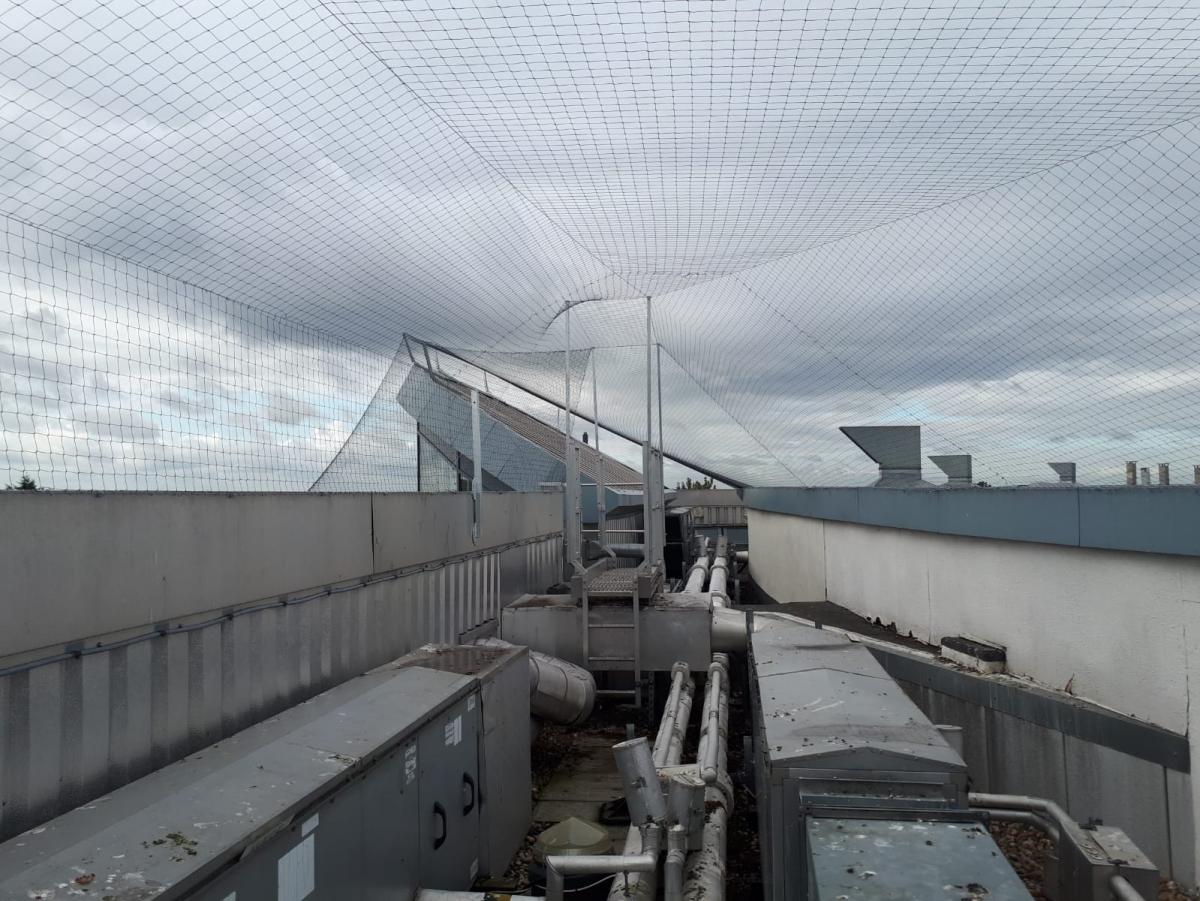
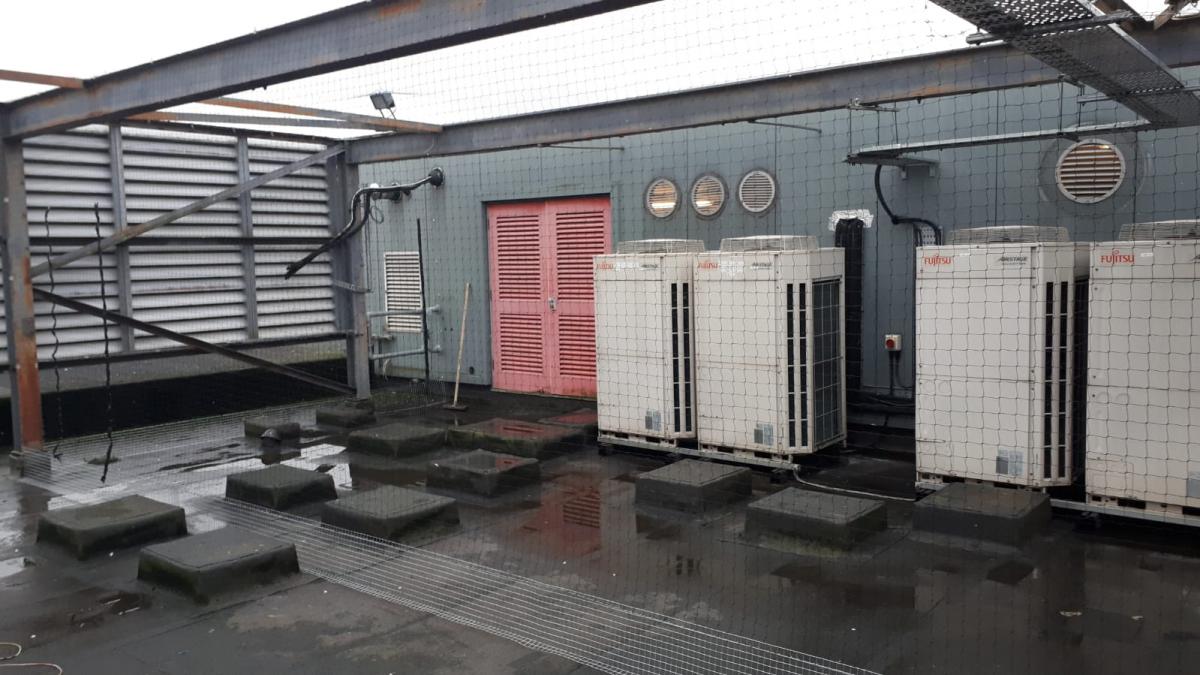
Afton Chemical:
Before (1)

Before (2)

After (1)

After (2a)

After (2b)

After (2c)


People often ask me what poison we use and how do they work. All our rodenticides are second generation anticoagulants which work by thinning the blood by blocking the vitamin K cycle which stops blood clots forming which is essential for the body’s survival. We use many different types of anticoagulant rodenticides because in some areas such as parts of London rodents can be resistent to them. This normally happens due to prolonged over use of a particular poison. Just because the rodents are eating the bait does not always mean it is working. The different types we use are Bromadione, Flocoumafen, Brodifacoum and Difenacoum. I once had a job in Chelsea which had a large mouse infestation. I had to try three different types of anticogulants in many different forms before I found the one that worked and the problem was resolved. It is not just the type of poison we have to worry about but also the form it is in. They can come as a wax block, a grain block, pellets, pasta sachets, gel base and even paste. In the case above I found a brodifacoum paste worked. In many cases we have to keep trying different combinations of baits and the form they are in before we find the one that works.